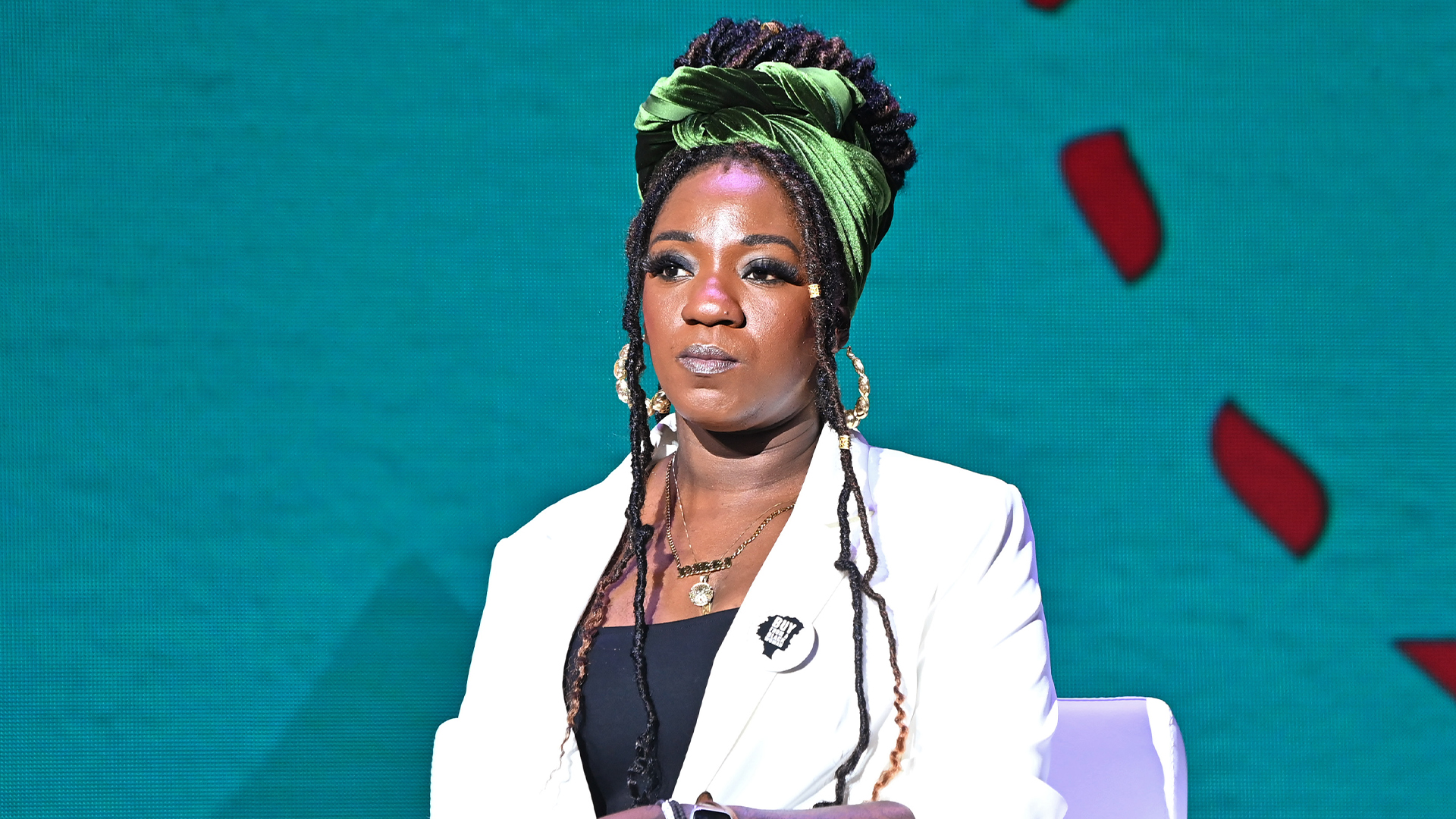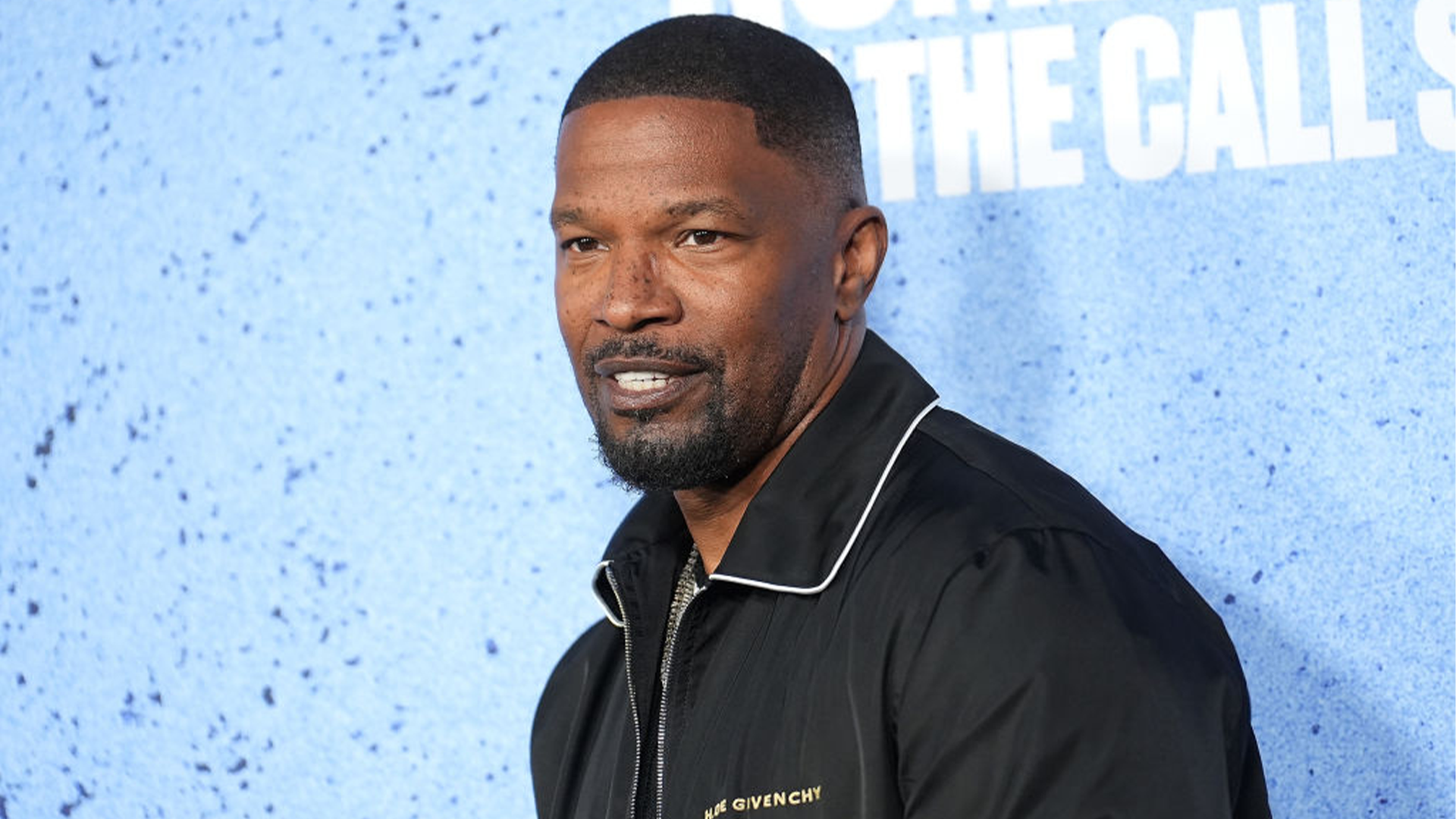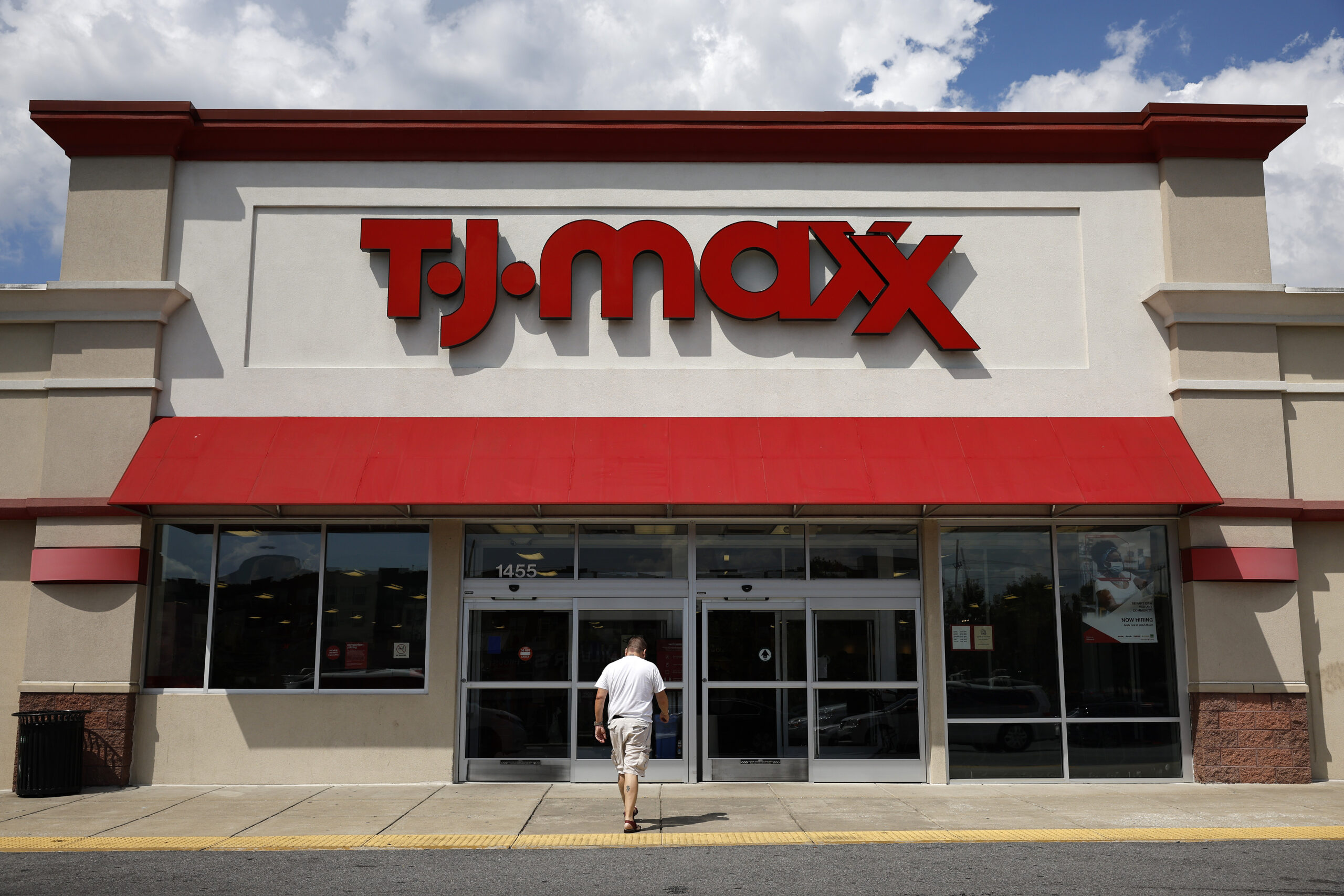All results

The Walt Disney Company and its ABC television network have joined the list of media companies the Federal Communications Commission (FCC) is investigating for their diversity, equity, and inclusion (DEI) practices. On Thursday, March 27, 2025, FCC Chair Brendan Carr announced concerns that Disney and ABC might be “promoting invidious forms of DEI discrimination” and said the agency’s Enforcement Bureau would examine whether any of their past or current policies violated any equal employment opportunity regulations, according to NPR. “Numerous reports indicate that Disney’s leadership went all in on invidious forms of DEI discrimination a few years ago and apparently did so in a manner that infected many aspects of your company’s decisions,” Carr wrote in a letter to Disney CEO Robert Iger. The inquiry follows Disney’s reduction of diversity efforts , including the termination of some initiatives and changes in the language used to describe DEI. “We are reviewing the Federal...

Let’s be honest—when it comes to beauty, Black women have always been the standard, even if the industry has been slow to give credit where it’s due. But while some are still playing catch-up, Danessa Myricks Beauty has already rewritten the rules—and ensured we’re front and center in the narrative. From melting down drugstore makeup in her kitchen to landing on Sephora shelves across the globe, Danessa Myricks didn’t wait for anyone’s permission. She built her own table—and now the world’s pulling up a seat. From “Accidental Artist” to Beauty Powerhouse Myricks didn’t come from a legacy of wealth or beauty school credentials. She came with hustle, vision, and a deep belief that makeup should be for everyone. According to her Closers 2025 Time Magazine feature, after getting laid off from a publishing gig, she took a chance on creativity and started doing makeup—teaching herself through trial, error, and audacity. Her early kits? Straight-up DIY magic. Melting down products to...

President Trump is back on his trade war wave — and this time, it’s rolling straight through the auto industry. With a fresh round of 25% tariffs on cars and auto parts set to take effect on April 3, people from the auto industry, from C-suites to dealership floors, are bracing for the impact. The administration says it’s about protecting national security and strengthening the U.S. manufacturing base. But if you’re thinking about buying a car this year, or if your job has anything to do with auto production, here’s the truth: You may be paying more, waiting longer, and dealing with fewer options. And that’s just the beginning. Why The White House Is Saying This Is Necessary According to an official statement from the White House, these tariffs on cars are aimed at keeping America safe. The administration is emphasizing that too many imports are “undermining” the “domestic industrial base” and weakening the U.S. supply chain. The idea is to hit foreign-made cars and parts with a 25%...

Editorial Note: Opinions and thoughts are the author’s own and not those of AFROTECH™. DEI has become a conservative buzzword to target anything that doesn’t appeal to straight, white, male ideals. The Trump administration has gone after every federal agency, academic institution, and corporate entity to eradicate any semblance of DEI. Whether through affirmative action, hiring laws, or ensuring equal representation of all races and genders, Trump has made DEI the hill to die on. Everything is DEI, from Kendrick’s Super Bowl halftime show to plane crashes. However, diversity has not been effectively implemented recently, nor applied in the appropriate context. Diversity, equity, and inclusion are designed to create a more balanced and fair society, particularly in the wake of the civil rights movement, by addressing systemic inequalities and ensuring equal opportunities for all. But now, conservatives have equated DEI policies with lower standards, a false narrative that President...

On March 15, 2025, the U.S. bombed Houthi terrorist targets across Yemen. But two hours before the world knew, a Signal message had already mapped the strike. The sender? Secretary of Defense Pete Hegseth. The recipients? Top intelligence officials, but also Jeffrey Goldberg, editor-in-chief of The Atlantic — a journalist inadvertently folded into the highest levels of American military planning. This wasn’t a clandestine leak. It was a raw, unfiltered display of the fragility of power in the digital age. It was a breach not orchestrated by a hostile foreign actor but self-inflicted — executed casually, almost thoughtlessly, by the nation’s top security officials on a consumer messaging app. For those of us who approach these matters with a deep understanding of U.S. statecraft and a critical perspective shaped by intellectual and resistance traditions, the story may demand more than mere procedural outrage. It calls for an unflinching analysis of how an empire, when unmoored from...

For decades, Ben & Jerry’s has been more than just an ice cream company — it’s been a loud, proud, and unapologetic advocate for progressive causes. From climate justice to racial equity, the brand has built an identity around speaking truth to power. But now, that identity is at the center of a corporate power struggle. Ben & Jerry’s is accusing its parent company, Unilever, of firing CEO David Stever, not because of poor performance but because he refused to back down from the company’s social mission. According to the New York Times, the lawsuit, filed in a Manhattan, NY, federal court, claims that Unilever violated a key part of its 2000 merger agreement by removing Stever without advisory board approval. What started as a quirky Vermont ice cream shop with a social conscience has now turned into a legal battleground, with Unilever allegedly trying to muzzle the very activism that made Ben & Jerry’s a cultural force. A Brewing Corporate Clash Ben & Jerry’s alleges that...

It appears a four-year partnership between Buy From a Black Woman and H&M has come to an end. According to a press release, the nonprofit, founded by Nikki Porcher in 2016, has partnered with H&M since International Women’s Day in 2021. Together, they have supported 30 Black women through accelerator programs and helped over 15 founders obtain their Minority Business Enterprise (MBE) certification within two years. On its own, Buy from A Black Women has hosted over 100 workshops and trainings, awarded 45 business grants, and provided 20 relief fund stipends to Black women business owners. Between 2022 and 2023, Buy From a Black Woman was able to drive more than $2.7 million in revenue towards Black woman founders. In 2023, Buy From a Black Woman and H&M hosted the The Inspire Tour, which was the brainchild of Porcher since 2019, and it reached various cities including Philadelphia, PA ; Charlotte, NC ; Houston, TX ; Los Angeles, CA; and Atlanta, GA. The aim was to amplify...

Jamie Foxx is not here for the anti-Diversity, Equity, and Inclusion (DEI) narratives circulating in Hollywood . Foxx — born Eric Marlon Bishop — is the producer of Apple TV+’s “Number One On the Call Sheet,” a documentary that explores Black achievement in the film industry and the challenges Black women face in finding success. At the Los Angeles, CA, premiere on March 13, 2025, the Academy Award-winning actor emphasized the film’s importance, stating that it is more relevant now than ever. “Look what’s going on out there. They trying to erase everything we do… They talking about the DEI , affirmative action, we don’t need Black history . Why you picking on our history?” Foxx told Extra. “So, we just do more history. The more you erase, the more we replace. So, that’s all it is. We ain’t gonna be shy about it. Leave us alone. Let us enjoy. Let us all be American.” Since 2024, several high-profile companies have scaled back or eliminated their DEI programs , citing pressure from...

The Rhode Island Black Business Association (RIBBA) is among several organizations impacted by President Donald Trump’s termination of diversity, equity, and inclusion (DEI) initiatives across various sectors. According to The Brown Daily Herald, every January, RIBBA, a Providence, RI -based nonprofit dedicated to closing the racial wealth gap through business development programs for small business owners , requests funding packages from its larger company partners, typically ranging from $7,500 to $100,000. However, some partners have indicated that their funding pool has been reduced this year, with many delaying their funding decisions until April and offering reduced financial packages. “This trend aligns with broader shifts in corporate giving and budget constraints that many nonprofits are experiencing nationwide,” RIBBA President and CEO Lisa Ranglin said in an email to The Herald. According to WPRI Channel 12, Ranglin stated that following Trump’s rollbacks of DEI...

A middle school teacher in Meridian, ID, reported being forced to remove signs reading “Everyone is welcome here” and “Everyone in this room is welcome, important, accepted, respected, encouraged, valued, and equal” from her classroom display. West Ada School District officials believed sixth-grade world civilization teacher Sarah Inama’s signs violated a policy mandating neutral classroom content and respect for others’ right to express differing opinions, according to KTVB Channel 7. “They told me that they were in violation of district policy because, in today’s political environment, they’re considered a personal opinion,” Inama said. Initially, she removed the signs but later changed her mind, believing the message reflects a fundamental value of public education. Inama said her signs are consistent with district posters encouraging students to “welcome others and embrace diversity.” “I just feel like as a teacher… I would do anything to protect my students. I love all of them...

TJ Maxx is a popular budget store that many people have come to love. As shoppers are increasingly drawn to retailers that offer both value and variety, TJ Maxx thrives thanks to its mix of designer brands and discount prices. It’s not just about the thrill of finding a great deal for fashion enthusiasts – it’s also about the experience of uncovering hidden gems. Whether you’re looking for trendy clothing, home decor or even unique accessories, they offer an ever-changing treasure trove of options. Although the store has been a reliable favorite for years, there has been some speculation about the popular chain recently as consumers keep an eye out for their stance on diversity, equity and inclusion. In the past, TJX Companies (the parent company of TJ Maxx) has publicly stated its commitment to building a more inclusive and diverse workplace . Yet with the DEI frenzy over the last few weeks, shoppers are not entirely convinced that the budget store is fully onboard with the DEI...

Atlanta, GA -based Georgia Tech University has joined the list of institutions adapting to federal laws surrounding Diversity, Equity, and Inclusion (DEI) initiatives nationwide. On Feb. 26, 2025, the Georgia Tech Pride Alliance announced that the LGBTQIA+ Resource Center (LRC), the Women’s Resource Center, and the Black Culture, Innovation, and Technology Center would be dissolved and integrated into the Arts, Belonging, and Community Department, according to Rough Draft Atlanta. “We’ve known this was a possibility for years,” GT Pride Alliance said on Instagram. “These centers are losing the ability to distinguish and market themselves as what they are — a resource for marginalized groups. Other DEI programs are already undergoing similar restructuring across campus, but it is unclear when those changes will be fully announced.” View this post on Instagram A post shared by GT Pride Alliance (@gtpridealliance) According to Georgia Tech, the Arts, Belonging, and Community...

The thing about economic policies is that they don’t operate in a vacuum. Every decision — every tax, every regulation, every tariff — sends ripples through the system. Some people surf the waves. Others get drowned by them. Tariffs have long been used as a tool of economic warfare, a way for nations to protect their industries or punish their rivals. But under President Donald Trump, tariffs have become something else entirely: a high-stakes bargaining chip in a trade war that seems to have no end. According to CNN, his latest round of 25% tariffs on Canadian and Mexican imports, along with another 10% levy on Chinese goods, has thrown American businesses, workers, and consumers into a state of economic uncertainty. The White House insists tariffs will protect American industries, but history tells a different story. Prices are rising, businesses are struggling, and working-class families — many already battling inflation — will be forced to make tough choices. Tariffs In Context:...

Hurricane Katrina devastated New Orleans, LA, in August 2005, wiping out 200,000 trees. While the city has faced challenges in restoring its tree canopy, efforts were underway thanks to a $75 million grant from the U.S. Forest Service to the Arbor Day Foundation that aimed to plant trees in neighborhoods without the resources to afford them, according to The Associated Press. However, the U.S. Department of Agriculture has, at least for now, terminated the funding to comply with President Donald Trump’s executive order focused on banning diversity, equity, and inclusion (DEI) efforts within the federal government. “Protecting the people and communities we serve, as well as the infrastructure, businesses, and resources they depend on to grow and thrive, remains a top priority for the USDA and the Forest Service,” the USDA said, per AP. Trees offer various benefits, including cleaning the air in polluted areas, capturing stormwater and replenishing groundwater, and providing shade...

Editorial Note: Opinions and thoughts are the author’s own and not those of AFROTECH™. The meaning of words changes over time and often shifts based on who is using them and why. One example that comes to mind is the word “Woke.” In the context of social justice, “woke” was used as early as the 1920s by Marcus Garvey in his article “Wake Up Ethiopia! Wake Up Africa!” where he urged Black people to become more politically and socially aware. The phrase “Stay Woke,” which we are more familiar with, became widely known during the civil rights movement of the 1960s. Originally intended to promote social and political awareness among Black people, the term has since been co-opted by others as a negative label. Today, “woke” is often used in a derogatory way to criticize liberal ideologies or actions. “Woke” isn’t the only term that has undergone a shift in meaning. The phrase Diversity, Equity & Inclusion (DEI), which traces its origins back to affirmative action , has also evolved. When...